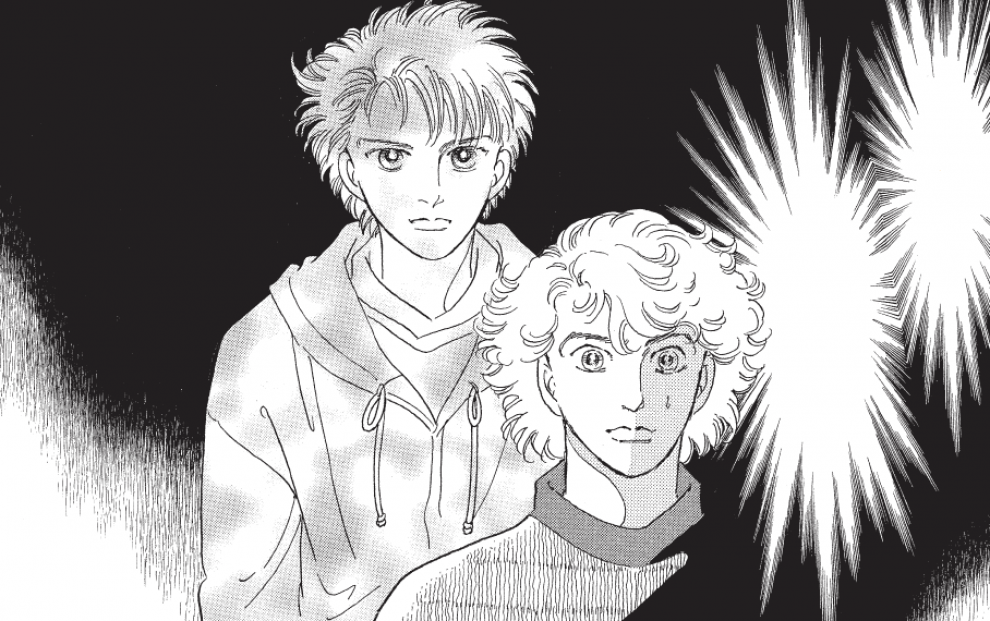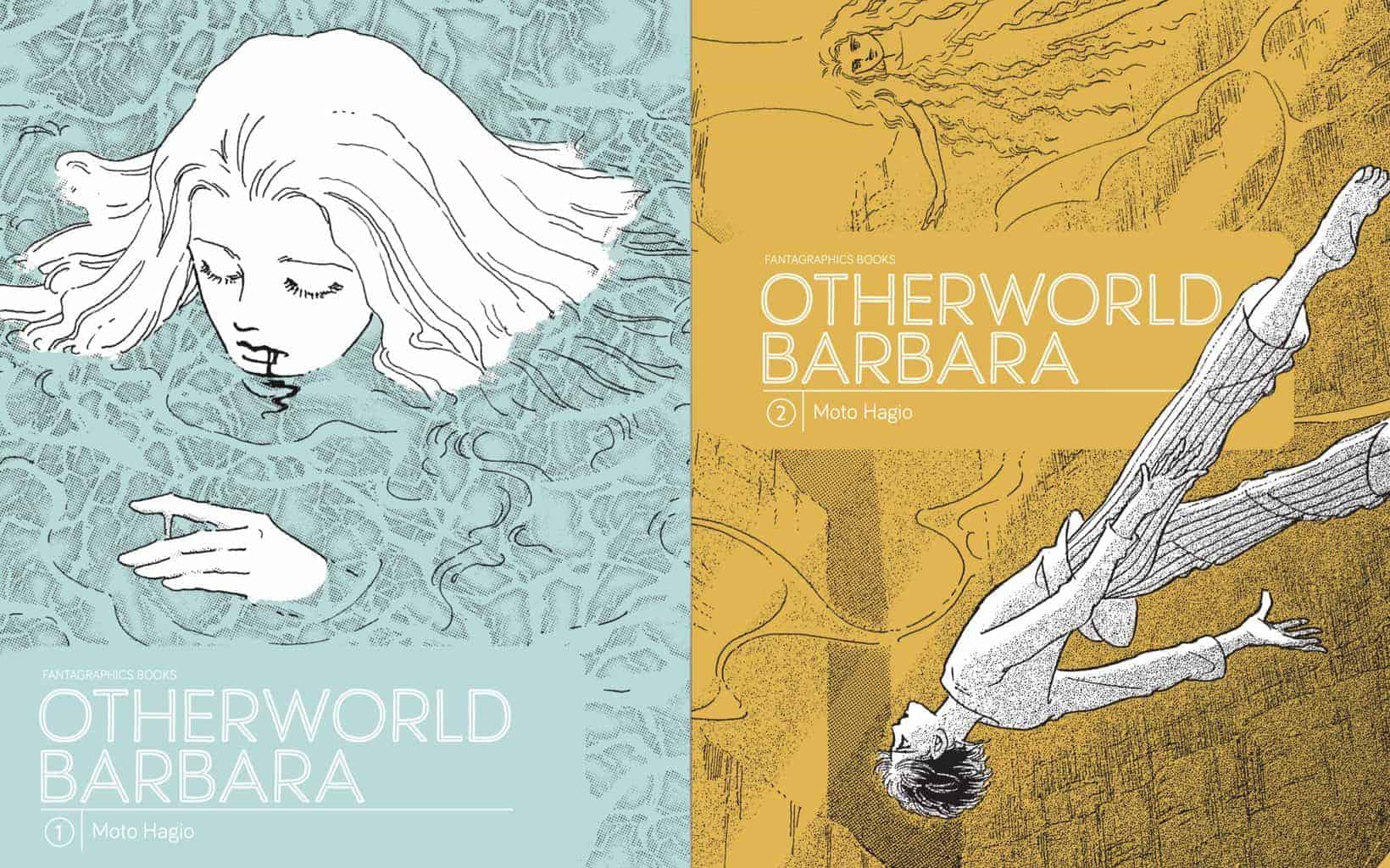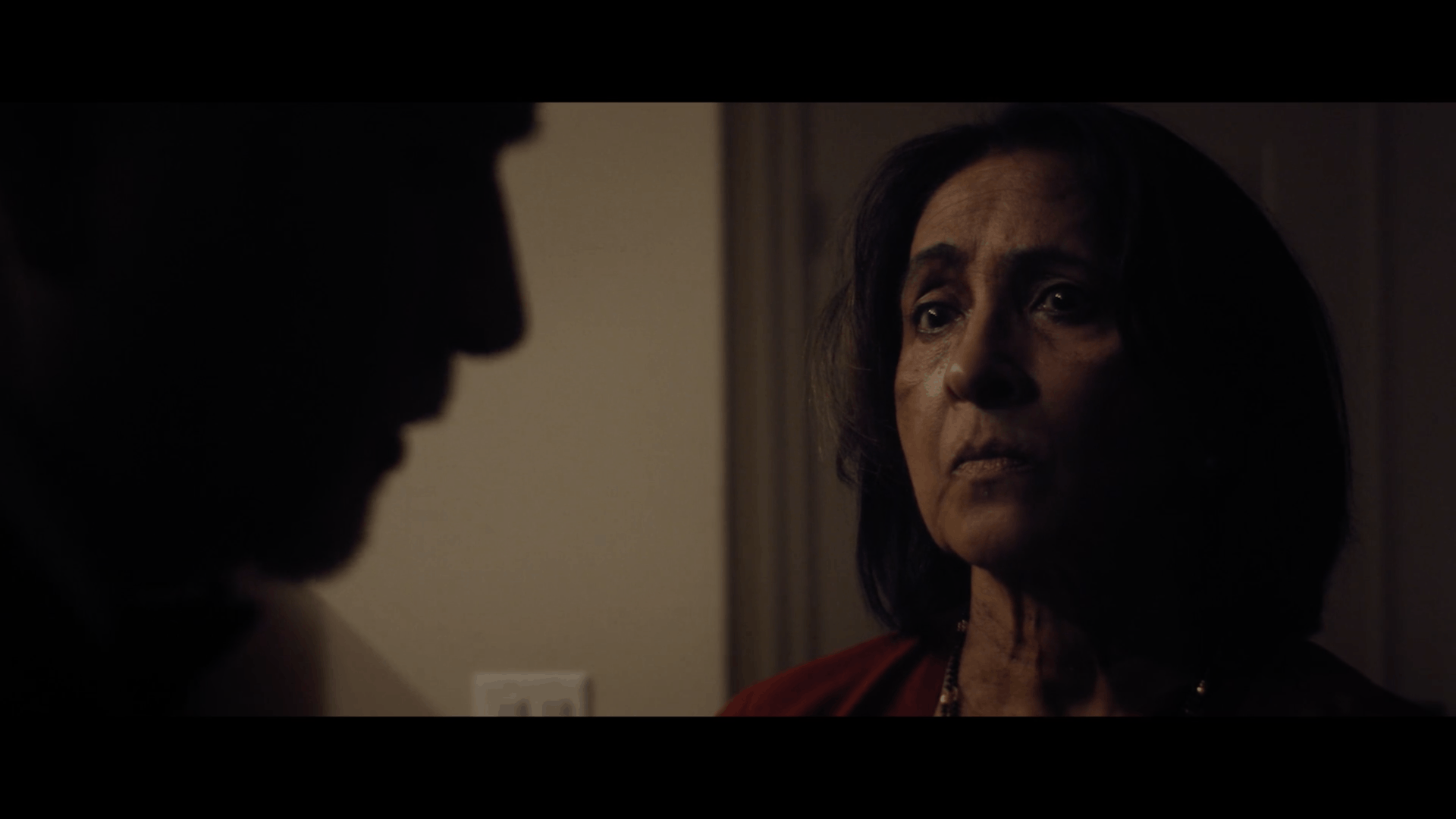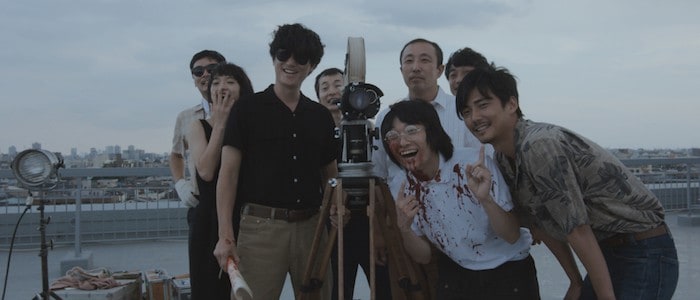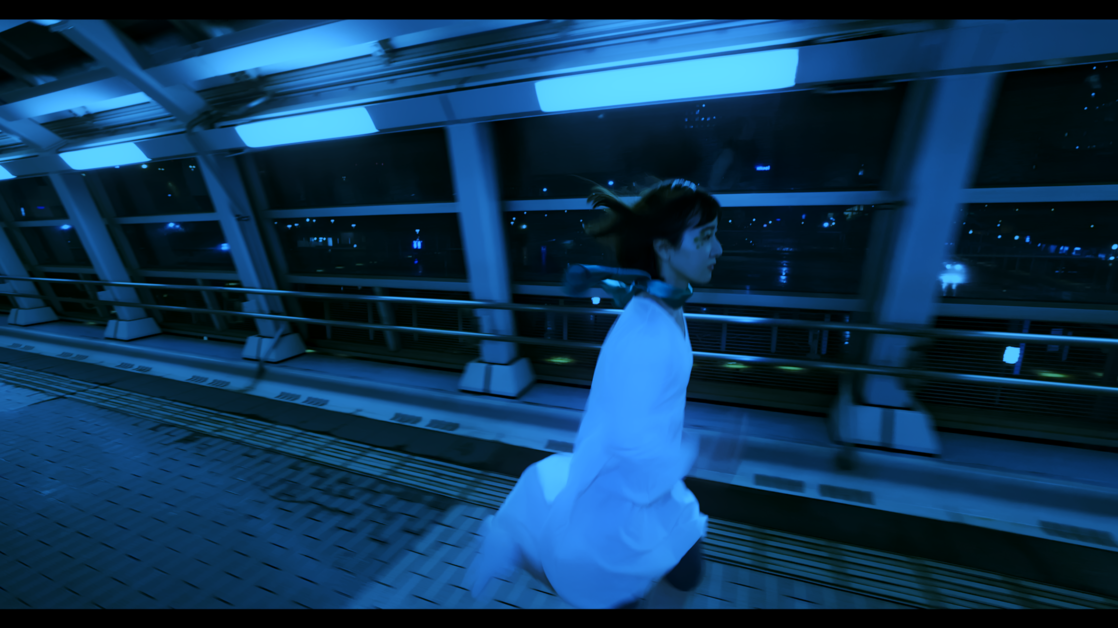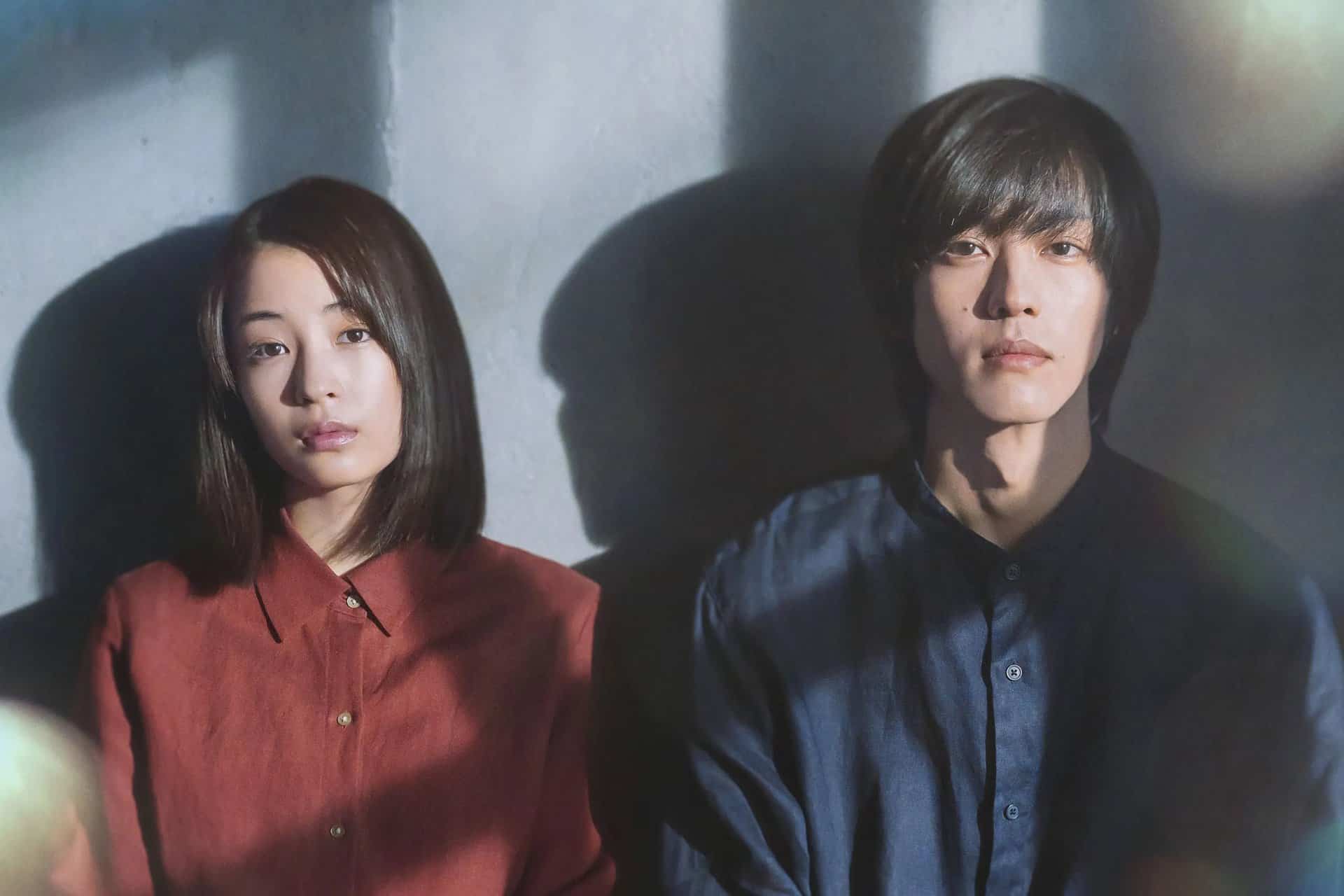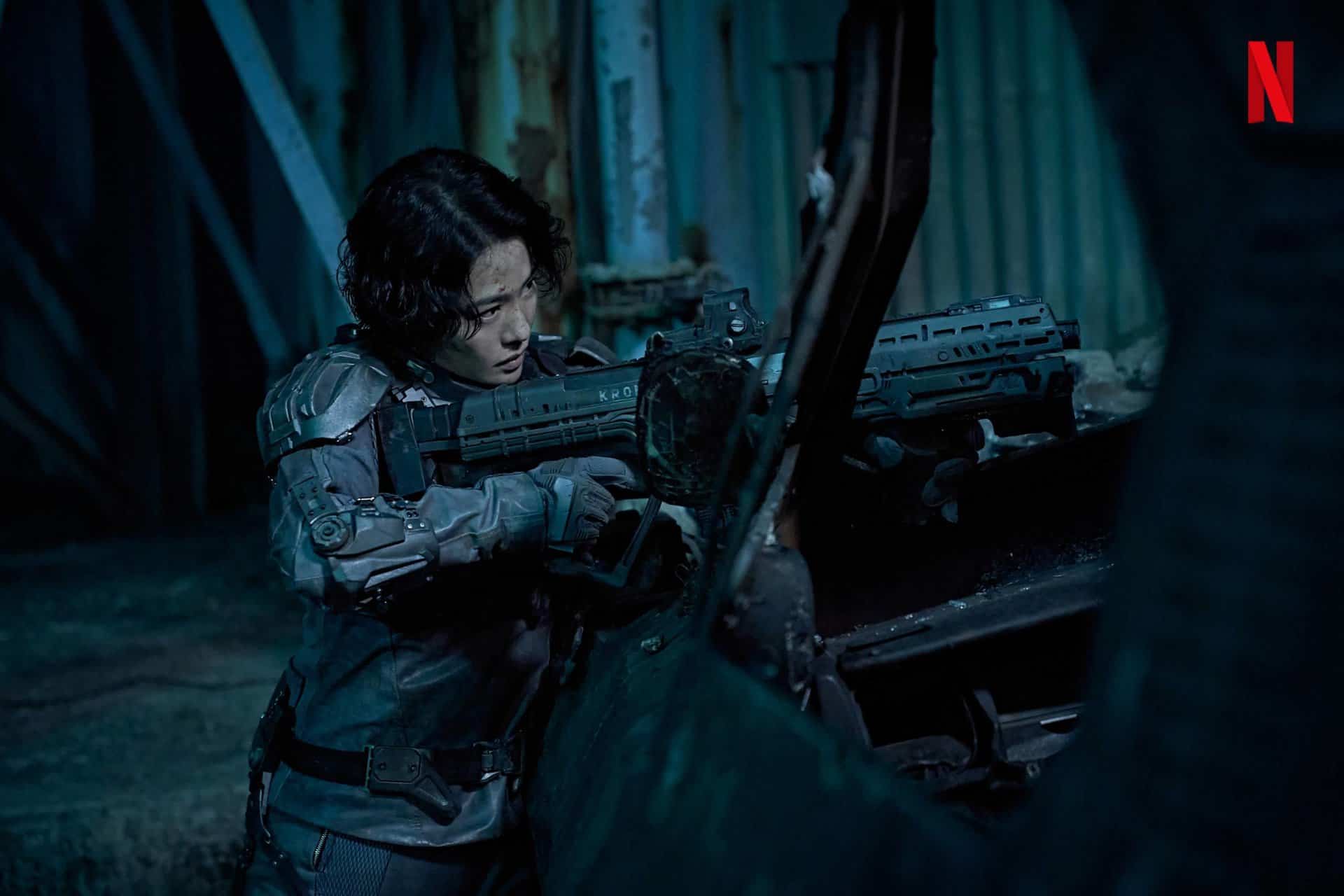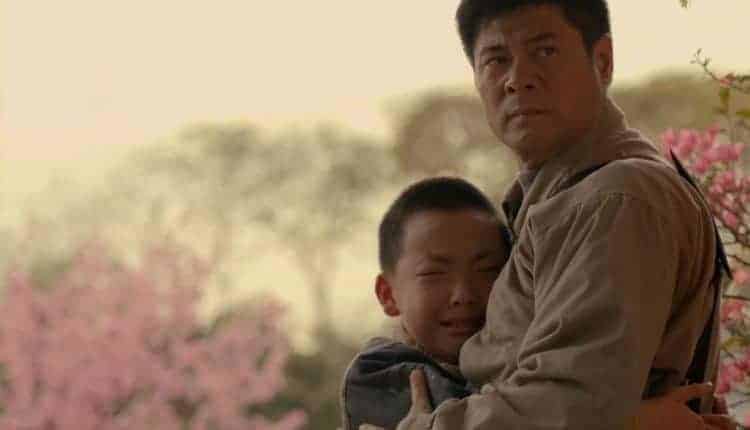Grand dame of modern shojo manga and subgenres shonen-ai (boys in love) and josei (adult women), and member of the influential all-female-mangaka “Year 24 (of Showa Era) Group”, Moto Hagio has always been a science fiction fan and her passion for authors such as Ray Bradbury and Asimov has influenced several of her works. “Otherworld Barbara” (Barubara Ikai) was serialised between 2002 and 2005 and it is now beautifully re-edited by Fantagraphics Books in two inseparable volumes in which an incredibly convoluted story about the power of dreams on our emotional sphere unravels under a pale and distant shade of Mars.
Buy This Title
Although the heart (pun to follow) of the story is a mysterious girl in a coma called Aoba, the reader's main guide through the narrative is Watarai Tokio, a “dream pilot” or, better, a therapist who can enter, explore and analyse people's dreams. We are in 2052 Japan and Tokio is summoned in Engaru for a special job. Deep in the Higashinakahara Human Science Research Center, in the special unit of Psychological Research, a 16-year-old girl, Aoba Jujo, has been laying in a sort of coma/deep sleep for 7 years. She's been kept in a pseudo hibernation status since she was found unconscious at the scene of her parents' murder (or suicide) and pieces of their hearts were found in her stomach. The Jujo family is owner of the Jujo Pharmaceuticals, a company well-known for the research into anti-ageing drugs and Aoba's grandmother Nanami is a woman tormented by grief for her daughter's death, by her ex- husband researcher Ezra's disappearance and not last, by the grotesque cannibalism of her comatose niece. In this unsettling scenario, Tokio is asked to dive into Aoba's subconscious and investigate her horrific past and the poltergeist phenomena that she causes every now and then while dreaming in her coma.
What Tokio discovers is a parallel universe, a construct of Aoba's mind, set in a future that inexplicably looks like the past, where a 7-year-old Aoba and her friends Pine and Taka play happily on an imaginary island called Barbara, populated by an array of bizarre characters. And here another main player of the story starts to get relevance. 15-yer-old Kiriya is the estranged son of Tokio from his brief marriage with Akemi; he hasn't seen his father for many years and Aoba's investigation is bringing the two together. Probably not a coincidence, as Barbara is in reality also the creation of Kiriya as an imaginary retreat and Aoba is trying to communicate with him in his dreams. Moreover, Barbara was also the name of a mysterious trial drug, developed for Jujo Pharmaceutics by Ezra, the vanished ex-husband of Nanami and grandfather of Aoba.
There is a lot to chew about in this complex labyrinthine story, lots of food for thought generated from a fictional off-the-wall plot, inhabited by characters with very human emotions. Readers are required full attention not only for the density of the content and the high number of players, but also and especially because the two levels of reality and dream, at some point start to leak into each other and cloud one another. However, there are many elements that help not getting lost or disheartened through the progression, certainly all due to the broad experience of the author. One of the magnets of this manga is the extreme likability of the characters: first of all Dr. Watarai Tokio with his charming and amiable persona, his peculiar talent and dedication to his work but also with all the flaws and weaknesses, his past and present mistakes and his occasional goofiness. Despite the multitude of side stories, none of them is left unfinished and none of the characters is abandoned. In the first volume, the story is set and established, while in the second part all the characters are summoned, heading to a cathartic climax.
At the core of all this construct, there are two strong themes that are the backbone and provide the emotional hook. One is the family bonds that are deeply explored in various aspects and point of views. You will witness not only the aforementioned relationship between Tokio and Kiriya that the two are trying to re-build, but also the mysterious blood ties of the Jujo family, the matriarch and the strong female line of descend and Kiriya's mother's very realistic emotional blackmail and guilt-inducing tricks.
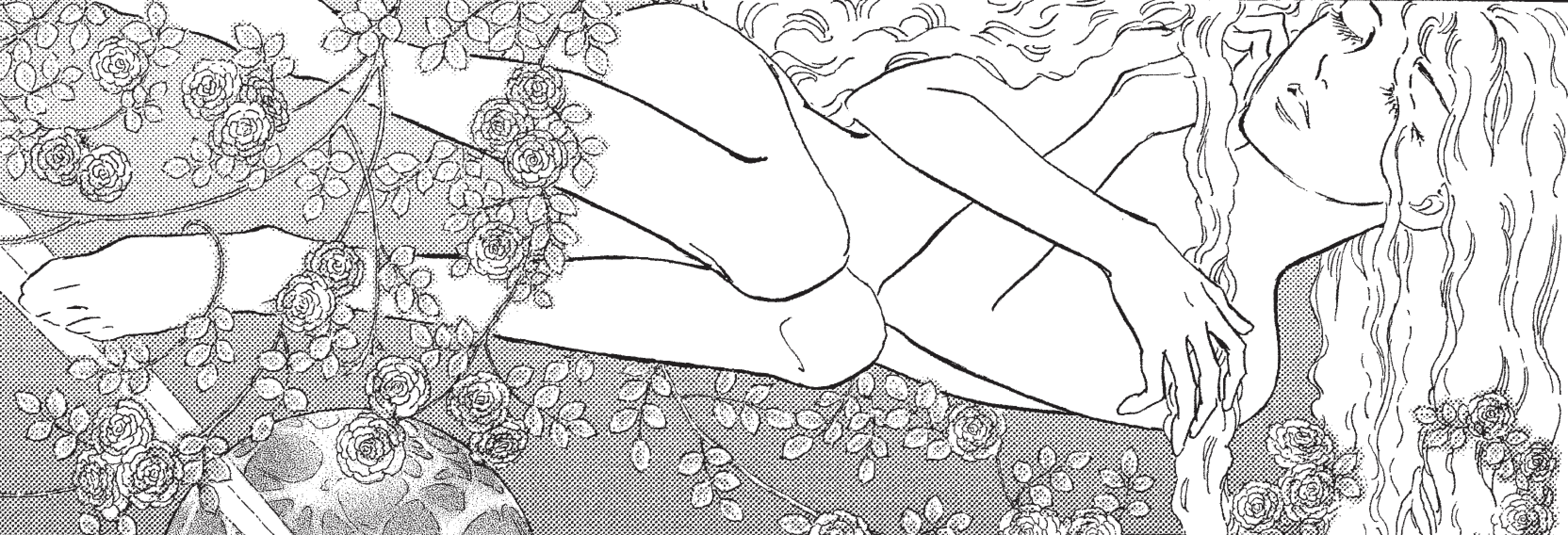
Like in a big extended family, the characters of “Otherworld Barbara” cover a wide range of ages and levels of personal growth and this introduces the second undercurrent theme of the narration: ageing and time. The search of immortality and eternal youth pops up in many forms, and the maturity of the mangaka gives to this theme a relevance and a sharpness that feel so, so real. Particularly poignant are the brief adventures of Nanami in her youthful alter-ego Marienbad (a homage to the shadowline between memories and imagination depicted by Resnais and Robbe-Grillet) and her genuine anguish at realising that liberated sex and fertility are only distant memories.
The artwork is delicate and flowing, but it has left behind the new-romantic attire of the earlier Hagio's works for a cool, gender fluid look, with those occasional Mittel-european touches, so beloved by many mangakas. The adjective “luminous” springs to mind when trying to describe the artist's style in this manga and the contrast with the darkest and more gothic turns of events feels even more disturbing.
The two volumes of “Otherworld Barbara” are a binge-inducing treat; full of twists and turns that make it hooking and full of real and relatable sentiments that make it hard to forget.


